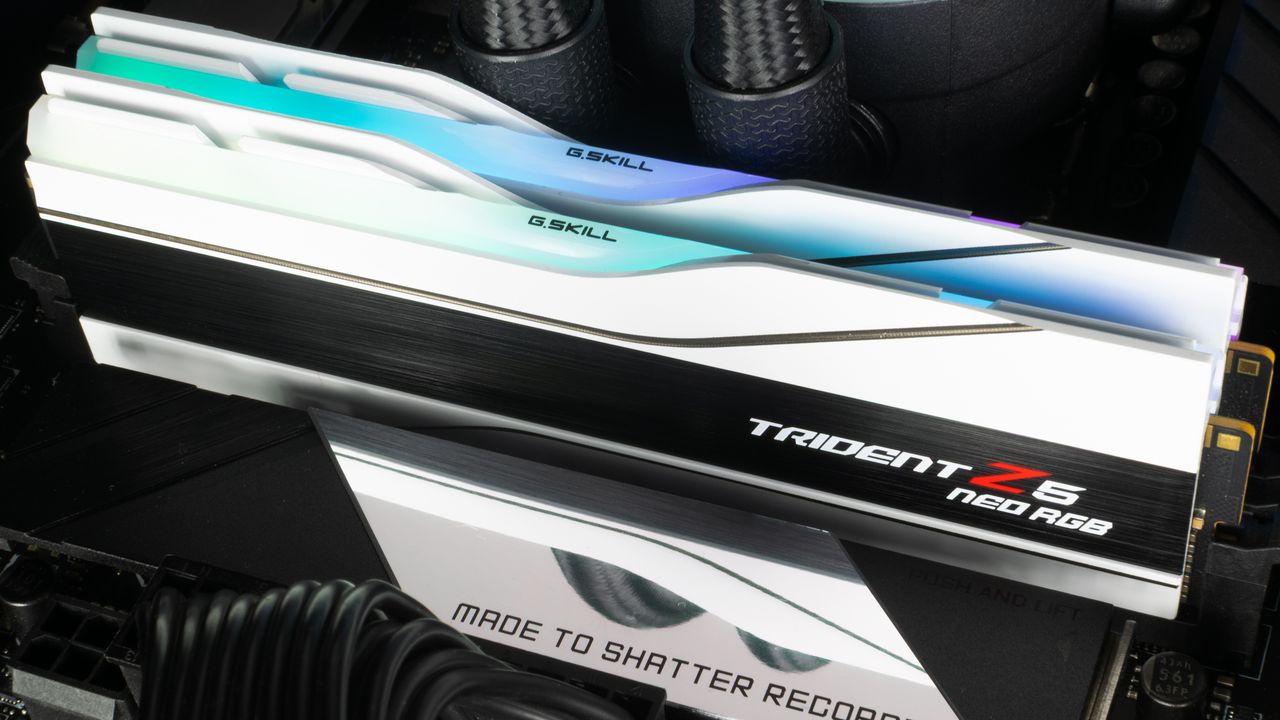
Microsoft is testing a new memory diagnostic scan that will run whenever Windows 11 encounters a bug check, triggering a BSOD. The new scanning tool was announced on the Windows Insider Blog and is available starting with Windows 11 Insider Preview Build 26220.6982 (KB5067109) for dev channel users. Microsoft hopes this new tool will help whittle down errors that are caused by memory corruption.
In this latest preview version of Windows 11, the memory diagnostic scan will trigger after rebooting from a BSOD. A pop-up window will appear recommending that the user schedule a memory scan during the system's next reboot. In the pop-up window, the user has buttons to skip the memory scan or schedule the scan as previously mentioned.
For now, the memory diagnostic will trigger anytime a system crashes, leading to a bug check and BSOD. Microsoft is doing this to better understand the causation of system crashes relating to memory corruption. In future builds, this will be refined, and the memory diagnostic will be triggered only for crashes that are more likely to be caused by memory corruption.
It's great to see Microsoft adding another memory scanning tool to Windows. Memory-related errors are some of the most difficult errors to track down. Unlike CPU instability, moderate levels of memory instability can remain hidden for years on a host machine and trigger occasional crashes that might not seem memory-related on the surface. Worse still, leaving a system with memory instability for such a long period can lead to slow but potentially serious data corruption.
While memory corruption could happen on any system, if the memory is defective, it's also worth mentioning that memory corruption can also occur with XMP or EXPO-enabled memory modules as well. This can happen because these modules are technically factory overclocked, and implementing these modules in a system can often overclock the chip's integrated interconnect and memory controller. This is the main cause of instability if the CPU's memory controller and/or interconnect can't handle the speeds of the XMP or EXPO memory kit's rated speed.
Microsoft's new memory diagnostic scan will hopefully make these types of memory errors more apparent. Again, the new diagnostic tool is only available to Windows insiders for now.
Follow Tom's Hardware on Google News, or add us as a preferred source, to get our latest news, analysis, & reviews in your feeds.

Follow Tom's Hardware on Google News, or add us as a preferred source, to get our latest news, analysis, & reviews in your feeds.







